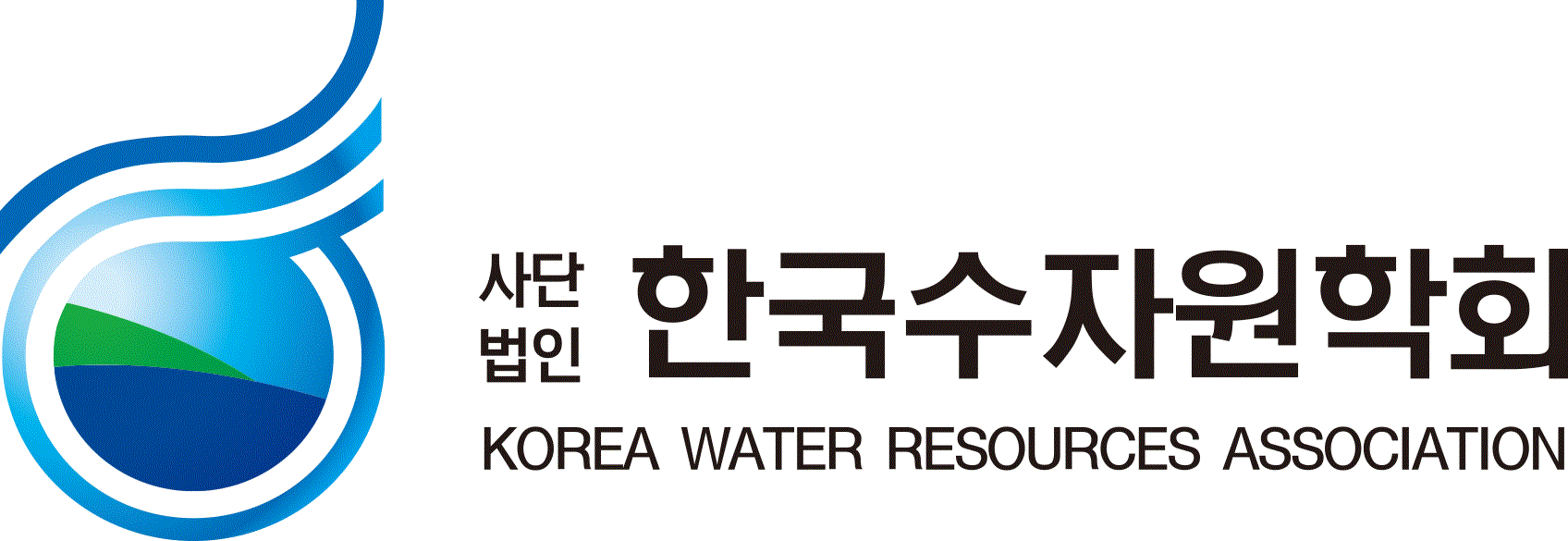- 홈
- 문헌정보
- 논문집
문헌정보
논문집
- 저자명
- 정용훈;이성훈
- 발행사
- 한국수자원학회
- 수록사항
- 한국수자원학회논문집, Vol.51 No.12(2018-12)
- 페이지
- 시작페이지(1229)
- ISSN
- 1226-6280
We have examined dynamic relationships among water-efficiency, economic growth, electricity generation, and CO2 emissions in Korea using various time-series analysis methods for 1990-2014. While previous studies have been limited to economic growth, CO2 emissions, and electricity generation, this study contributed to explain the relationship between existing variables and water-efficiency. We find that the four variables reach a balanced state in the long run through short-term adjustment, CO2 emissions and economic growth are responsible for water efficiency, and that CO2 emissions, economic growth and water efficiency are the causes of electricity generation. The long-term impact coefficient estimates on water-efficiency show that the increase in electricity generation and the decrease in CO2 emissions increase water-efficiency. Although economic growth has increased water-efficiency, moreover, we have identified an inverted U-shaped relationship between economic growth and water-efficiency, which suggests that economic growth above a certain level reduces the rate of increase in water-efficiency.



